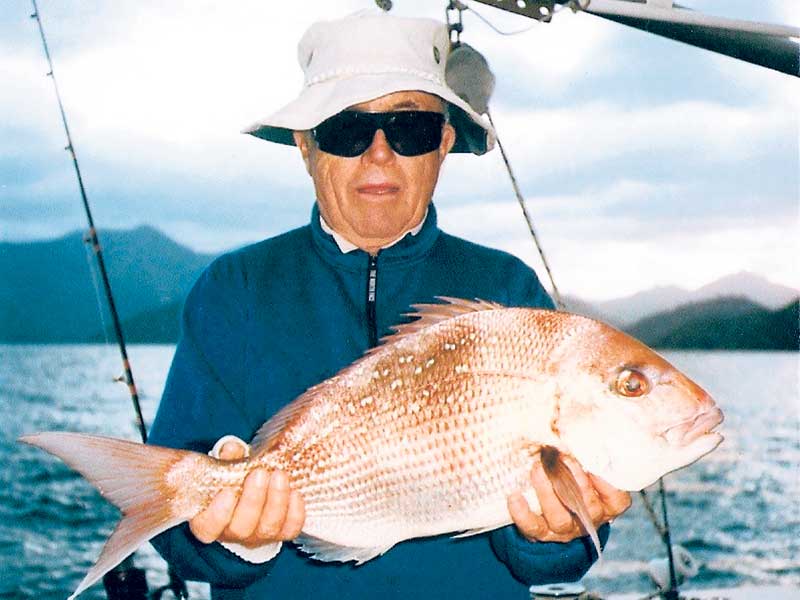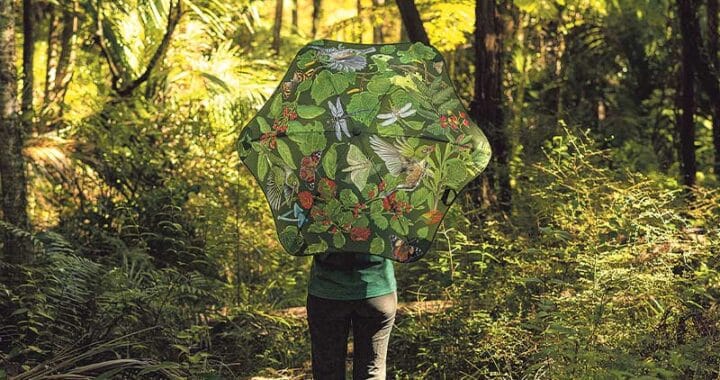Chasing holiday snapper
3 min read
Evening and a good cloud cover results in a good snapper. Photo: Ben Hope
Snapper are a fish that probably best reflect the often quoted adage that 10% of anglers catch 90% of the fish.
If you want to score on snapper, you have to understand them; well, at least try because snapper are very enigmatical, especially so in holiday time such as late December and January.
Snapper is by basic nature unpredictable, and on most occasions, very wary.
I recall one extreme example of the unpredictable nature when my friend Scott and I fished in a spot for about four hours. It was a still, sunny summer’s day; probably the wrong time to be out. But I had guests, so fishing we did go.
The spot we tried for four hours drew a total blank. Not a bite; not even a spotty. We chatted about fishing, rugby, cricket, and then politics but the snapper could not have cared less. They were not in the slightest impressed in our pilchard or squid baits or with our worldly discussions.
Eventually, we shifted location and it seemed we were destined to have a continuation of zero action for we fished for an hour to no avail. It was dead.
Then the tide began to flow out and at 5pm, some unseen bloke threw the switch on and the snapper came on to feed with a vengeance. We caught 10 good-sized snapper, all about three to four kilogrammes.
Thinking about it – and it always pays to reflect on fishing days, whether successful or not – the state of the tide with current flowing was probably a factor.
Snapper like current for feeding. Also, the late afternoon and the waning of the bright sunlight was probably another factor.
But there may have been another. It was holiday time and while we fished for those first five hours, there was boat traffic and infernal jet skis zipping around.
Snapper do not like noisy boats. By 5pm, the boat hoons had departed for their gin and tonics.
Besides, we had wisely tucked away in a bay well out of the main boat traffic lane.
Read more: Catching kahawai – a great family sports fish
Read more: Getting started with drone fishing
You can take this theory a stage further by always fishing off the main lanes of boat traffic. It is so important at holiday times. Anchor up in side bays but, more importantly, fish at extreme hours such as first light or dusk.
Change of light is always best anyhow. But at first light, there is little boat traffic, and at dusk, fish after dark when people have gone home to their baches or home.
My two biggest snapper – both eight kilogrammes – were taken at night a good hour or so after sunset. Both were bright moonlit nights.
Under the cover of darkness, bigger fish come out to feed. In berley trails, the bigger fish hang back, and the pannies will be right up the head of the berley trail. Cast well back from the boat along the berley flow line.
Light is a key factor, too.
Snapper don’t like bright sunlight and during those hours, they head deeper. But come dusk, they start moving into shallower water and particularly so if you are fishing from the shore – it is best at change of light situations and into the night.
Cloudy cover during the day can result in good fishing, too. A still, drizzly day with heavy cloud can be great. Less light is the key.
When surfcasting for snapper on shallow sandy beaches, daylight hours can be totally unproductive without a single bite, but once the sun dips below the horizon, you can end up with several fish.
If you are fishing off rocks into deeper water, this pattern is not so marked as in shallow mudflats or sandy beaches but it is worth factoring in.
So if you are chasing snapper these holidays, go fishing at dawn, rest up during the day, and then head out again for the twilight and after nightfall into the dark.
Do you love Facebook as much as we do? Follow us! And stay up to date with the latest news and happenings in fishing and hunting in New Zealand.



